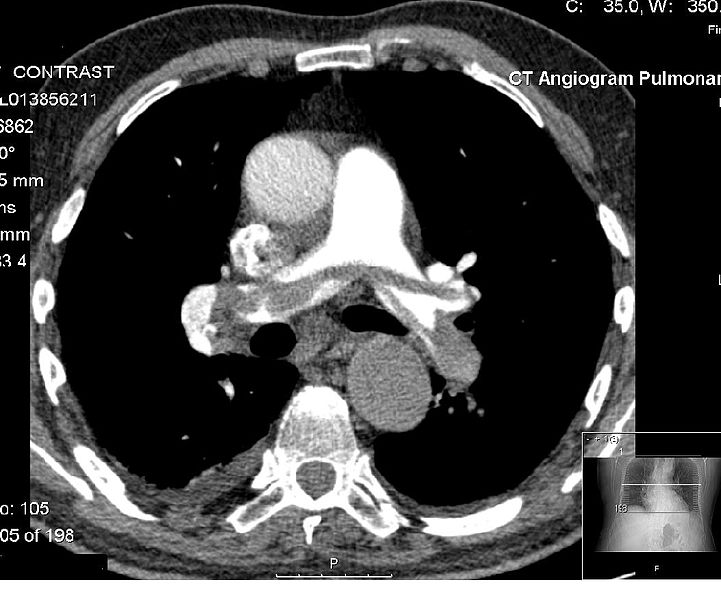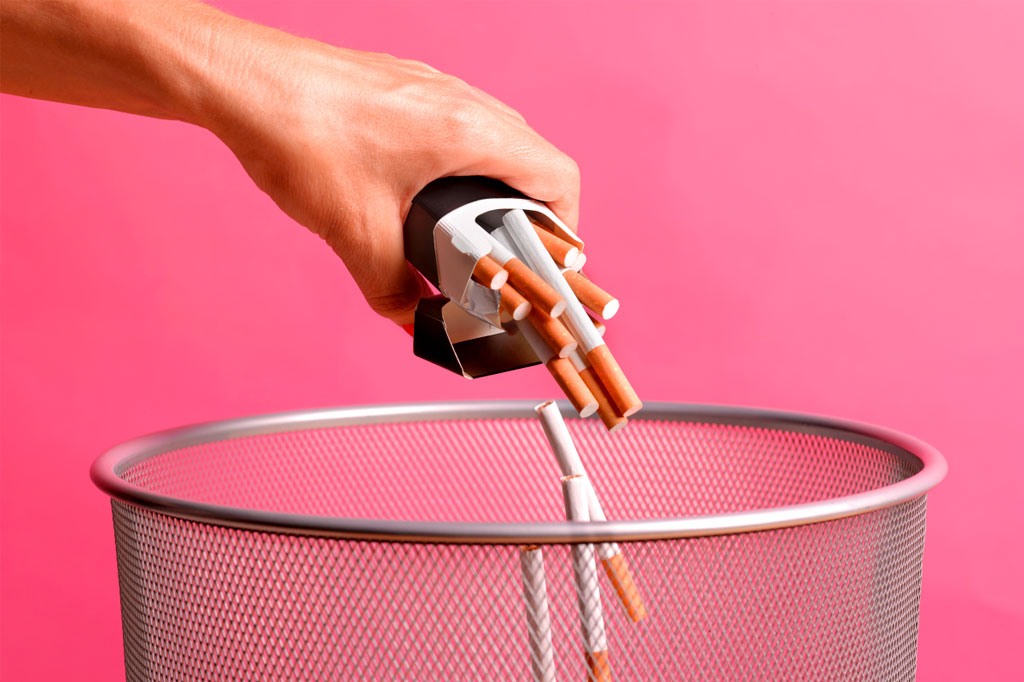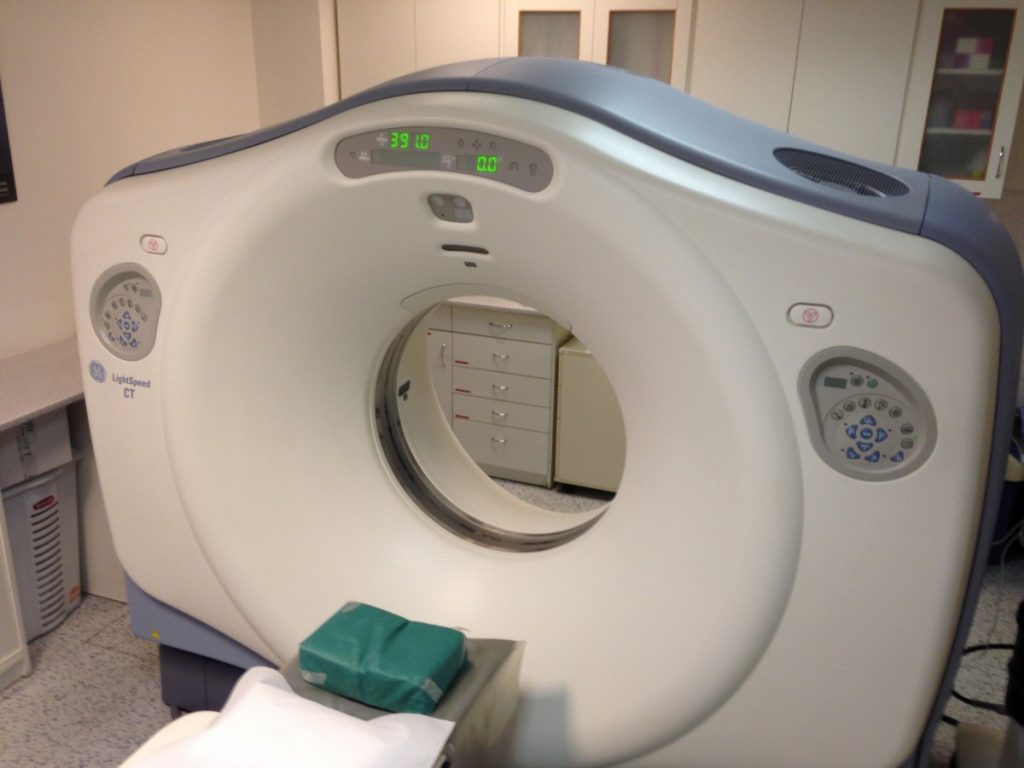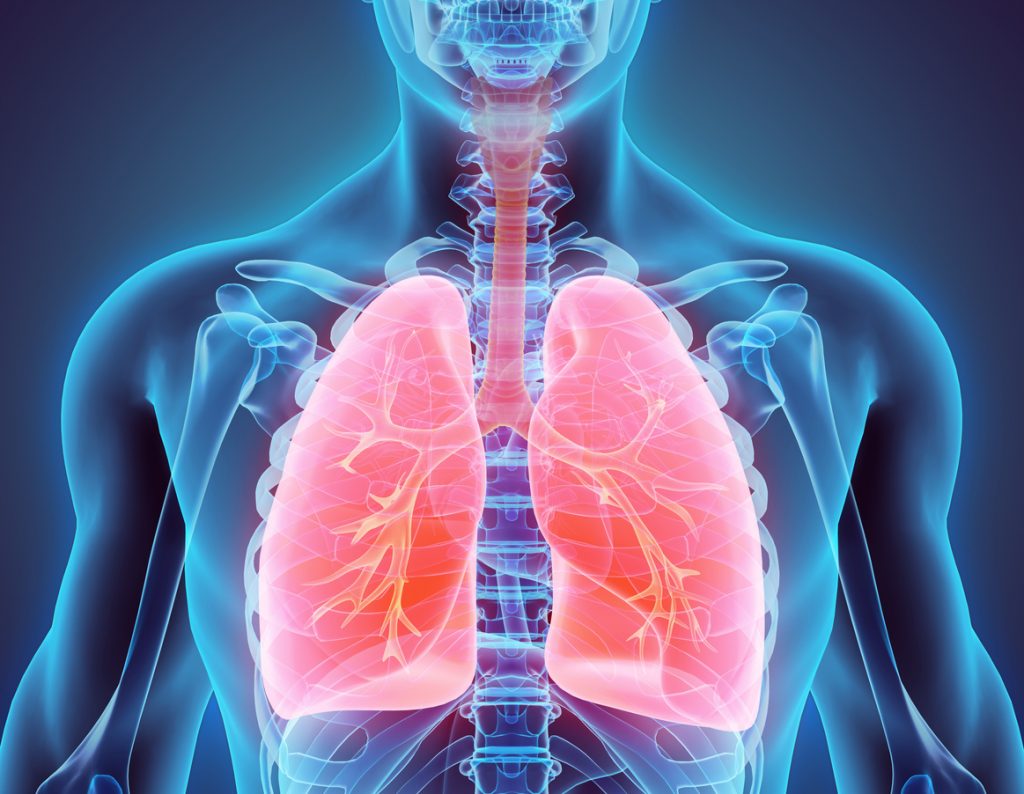Asthma Foundation NSW is urging consumers to choose their winter heating options carefully after conducting a consumer survey that showed that almost 70% did not realise that their heating choices could impact on their health and only 7% cited it as their main priority when choosing.
The survey of 790 NSW consumers, primarily people living with asthma, shows only 1 in 3 people think their heating choices will impact on their health. Health was the main priority for only 7% when choosing what method of heating to use. The main factors influencing choice were warmth (25%) and whatever they had available in their homes (19%). Surprisingly, only 21% cited the cost of an appliance or the fuel as an important factor in their choice.
The most popular forms of heating among respondents were: reverse cycle or ducted electrical heating (chosen mostly for health reasons) (33%), electric heating (17%), unflued gas heaters (16%) and wood/ coal-burning (14%).
“We were alarmed to discover how few made the link between heating appliances and health and so didn’t view health impacts as a priority when making heating choices, particularly those with asthma using unflued gas heaters,” said Michele Goldman, CEO of Asthma Foundation NSW.
“The estimated one million heaters are releasing a toxic cocktail of gasses, such as Nitrogen Dioxide, Carbon Monoxide and Formaldehyde and small particulate matter dubbed “the new asbestos” by scientists, into lounge rooms across Australia.”
“There are an estimated one million gas heaters in Australia and an estimated 90 per cent of gas heaters in New South Wales are unflued, and do not have a chimney or vent pipe diverting the toxins outside the house, the gases remain in the home and are breathed in.”
Last year a Victorian coroner found that the presence of a high concentration of Carbon Monoxide from a faulty, unserviced unflued heater that was being operated in an unventilated room caused the deaths of Chase (8) and Tyler (6) Robinson.
The coroner urged statewide agencies to better educate people about the danger of Carbon Monoxide and to have home appliances serviced every two years.
Professor Peter Sly, Deputy Director of Queensland Children’s Medical Research Institute has done extensive research into the effects of unflued heaters on health.
“While the Carbon Monixide and Formaldehyde from these heaters can be deadly, the Nitrogen Dioxide (No2) they produce can also be hazardous to health,” said Professor Sly.
“Many scientific studies show that No2 affects the respiratory system, even at quite low levels, and especially those people with asthma, other respiratory and heart conditions. The presence of No2 has also been associated with a higher prevalence of asthma.”
Book your health appointments online
Find and instantly book your next health appointment with Healthengine
A 2010 Woolcock Institute study into the school heaters in 51,000 NSW public schools concluded, “….exposure to “low Nox” unflued gas heaters causes increased respiratory symptoms, particularly in atopic (hypersensitive to allergies) children… It is important to seek alternative sources of heating that do not have adverse effects on health.”
NSW is currently the only state in Australia to use unflued gas heaters in schools.
“Sadly, it took a tragedy to recognise the danger these heaters can pose to life and health, but the Victorian Government and the Chase and Tyler Parkinson Foundation are helping to raise awareness,” said Ms Goldman.
“A similar education campaign is urgently needed in NSW and the Foundation is keen to partner with the health authorities on easily accessible, scientifically verifiable information about how various types of heaters might affect health and how to operate them safely.”
Asthma Foundation NSW recommends that people with gas heaters have a flue or vent fitted which takes the harmful gases outside the house and that gas appliances be inspected by a licensed gas fitter at least every two years to prevent the kind of terrible tragedy that occurred in Victoria.
Rooms need to be cross-ventilated, by opening windows and/or doors, and gas heaters should never be used in bathrooms, caravans, or bedrooms – especially with sleeping children. Gas heaters also produce water vapour, resulting in increased humidity, the growth of moulds or other microorganisms, which can exacerbate asthma symptoms.
“I would urge all consumers to look again at their heating options, especially if they are living with asthma,” said Ms Goldman.
For advice on how to safely operate an unflued gas heater click onhttp://www.glenelg.vic.gov.au/files/Unflued%20Gasheater.pdf
Concerned about you winter heating choices? Need help managing your asthma? Call the Asthma Information Line on 1800 ASTHMA (278 462) or email us at:ask@asthmafoundation.org.au
(Source: Asthma Foundation NSW)
All content and media on the HealthEngine Blog is created and published online for informational purposes only. It is not intended to be a substitute for professional medical advice and should not be relied on as health or personal advice. Always seek the guidance of your doctor or other qualified health professional with any questions you may have regarding your health or a medical condition. Never disregard the advice of a medical professional, or delay in seeking it because of something you have read on this Website. If you think you may have a medical emergency, call your doctor, go to the nearest hospital emergency department, or call the emergency services immediately.







